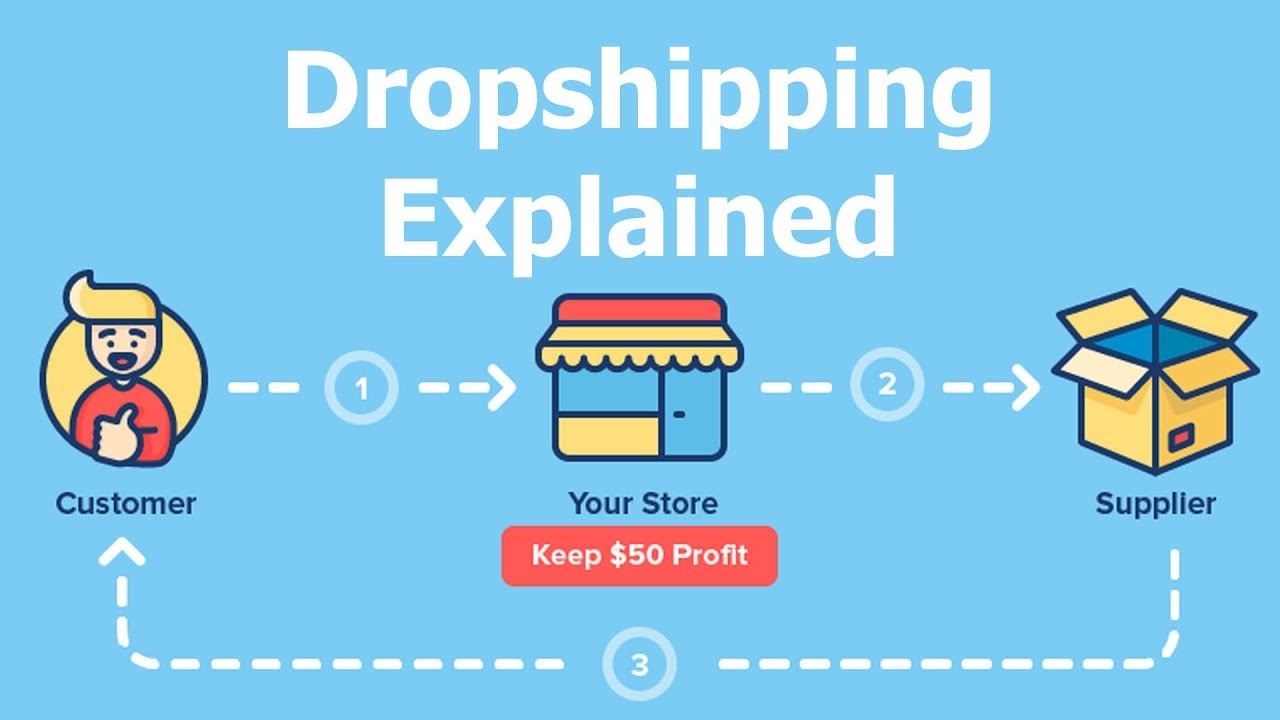Introduction
Running a service-based business like HVAC, plumbing, electrical, or landscaping can be both profitable and rewarding. But what happens when it’s time to move on? Whether you’re planning for retirement, pursuing a new venture, or simply seeking a lifestyle change, selling your business is a major decision that requires careful planning and strategy.
In the U.S., especially in regions like New England, the Carolinas, and Greater New Orleans, these types of businesses are in high demand — and if marketed properly, can fetch strong valuations. With guidance from experts like Atlantic Business Brokers, you can position your business for a successful sale and maximize your return on investment.
This guide breaks down the essential steps, strategies, and considerations involved in selling your service business.
Why Service-Based Businesses Are in Demand
Before we dive into the selling process, it’s important to understand why service businesses, particularly in HVAC, plumbing, electrical, and landscaping, are so attractive to buyers.
1. Recurring Revenue and Maintenance Contracts
Buyers value businesses with consistent revenue streams. Many HVAC or plumbing companies offer annual service contracts, which create predictable cash flow and long-term customer relationships.
2. Skilled Labor Shortages
There’s a growing shortage of skilled tradespeople across the U.S. For many investors, acquiring an established company with experienced employees is more appealing than building one from scratch.
3. Recession-Resistant
Home and commercial maintenance services remain essential, even during economic downturns. This makes trades businesses resilient and attractive for first-time buyers or strategic investors.
4. Room for Growth
Many small service businesses haven’t tapped into digital marketing or automation tools. Buyers often see these companies as growth opportunities with relatively low investment.
Step 1: Prepare Financials and Documentation
The first step in selling any business is getting your financial house in order. This step not only builds credibility with buyers but also plays a major role in valuation.
Documents You’ll Need:
- 3 years of tax returns and profit/loss statements
- Balance sheets
- Asset list (tools, vehicles, equipment)
- Employee list and roles
- Customer contracts or maintenance agreements
- Licenses, permits, and certifications
Ensure all records are accurate, organized, and up to date. The more transparent your business appears, the smoother the due diligence process will be.
Step 2: Determine Business Valuation
Valuation is where many business owners get stuck. Emotional attachment can often lead to unrealistic expectations. That’s why it’s essential to rely on industry benchmarks and professional evaluations.
Atlantic Business Brokers specializes in valuing service-based businesses using real-world market data, earnings multipliers, and asset analysis. Factors that influence your valuation include:
- Seller’s discretionary earnings (SDE)
- Recurring revenue
- Equipment and vehicle condition
- Geographic market and competition
- Age and reputation of the business
While some HVAC businesses sell for 3–4x SDE, smaller plumbing or landscaping companies may command a slightly lower multiple depending on contracts and scalability.
Step 3: Work with a Business Broker
Selling a business is a full-time job, so hiring a professional business broker makes sense. A broker will:
- Value your business accurately
- Market it confidentially to pre-qualified buyers
- Screen and negotiate with potential buyers
- Manage the due diligence process
- Guide you through closing and legal paperwork
offers full-service brokerage with a strong network in regions like The Carolinas, New England, and Greater New Orleans. Their expertise in service industries ensures your business is matched with the right type of buyer — whether it’s a private investor, competitor, or national brand.
Step 4: Prepare the Business for Sale
Just as you’d stage a house before listing it, your business also needs to be “cleaned up” for sale. This isn’t about hiding flaws — it’s about maximizing appeal and making the transition easier for the next owner.
What to Improve:
- Organize employee roles and standard operating procedures (SOPs)
- Reduce unnecessary expenses and streamline operations
- Repair or replace aging equipment
- Renew key customer contracts
- Build a strong online presence (Google reviews, updated website, social media)
Even small upgrades can increase your business’s perceived value and reduce buyer hesitation.
Step 5: Market Confidentially and Widely
One of the biggest mistakes business owners make is casually mentioning the sale to employees, vendors, or customers. This can create panic or distrust. A professional broker ensures the sale is confidential while still reaching a wide pool of qualified buyers.
leverages both proprietary buyer lists and national platforms to ensure your listing gets maximum visibility without disclosing your identity prematurely. Interested buyers sign NDAs (non-disclosure agreements) before receiving sensitive information.
Step 6: Qualify Buyers and Negotiate Offers
Not every interested party is a serious buyer. Some may lack financing, while others may be “tire-kickers” seeking information rather than making offers. Your broker will vet buyers to ensure they:
- Have the funds or financing in place
- Understand the service industry
- Are aligned with your exit timeline
- Are willing to honor staff, vendor, or customer continuity
Once offers are received, you’ll negotiate terms such as purchase price, training period, transition support, and seller financing (if applicable).
Step 7: Due Diligence and Legal Steps
Once a letter of intent (LOI) is signed, due diligence begins. This is where the buyer thoroughly examines your financials, contracts, and legal standing. Expect questions about:
- Profit margins and tax history
- Customer retention
- Legal disputes or outstanding debts
- Equipment ownership or leases
- Compliance with local and federal regulations
Working with professionals like Atlantic Business Brokers and a business attorney can help you navigate this process quickly and avoid pitfalls.
Step 8: Close the Deal and Transition Smoothly
Once all terms are finalized, you’ll proceed to closing — which includes signing legal documents, transferring licenses, and releasing funds. Often, the seller stays on board for a few weeks or months to help train the new owner.
Tips for a smooth transition:
- Introduce the buyer to key staff and clients
- Share vendor contacts and processes
- Leave behind detailed SOPs and service manuals
- Maintain a positive tone — reassure everyone that business will continue smoothly
A confident and well-organized transition builds trust and protects your legacy.
Case Study: Selling an HVAC Business in The Carolinas
Let’s say you own a well-established HVAC company in North Carolina with 20 employees, 5 vehicles, and $2 million in annual revenue. After 25 years in the industry, you’re ready to retire.
You contact Atlantic Business Brokers and work with a regional advisor who understands the local market. After reviewing your financials and service contracts, they value your business at approximately $1.6M based on SDE and recurring income.
The business is confidentially listed, and within three months, a private equity-backed buyer from Florida expresses interest. After NDA, due diligence, and negotiation, the deal is closed with 90% cash upfront and 10% as a seller note.
You stay on for 60 days to help the new owner, your staff remains employed, and the business continues to thrive under new leadership. Retirement secured — mission accomplished.
Final Thoughts
Even if you’re not ready to sell your business tomorrow, it pays to start planning early. By getting your financials in order, organizing your operations, and understanding your business’s market value, you’ll be in a stronger position when the time comes.
Working with experienced brokers like ensures you avoid common mistakes, protect your interests, and get the best deal possible. Whether you own a small landscaping company or a large plumbing firm, there’s a buyer out there looking for exactly what you’ve built.



